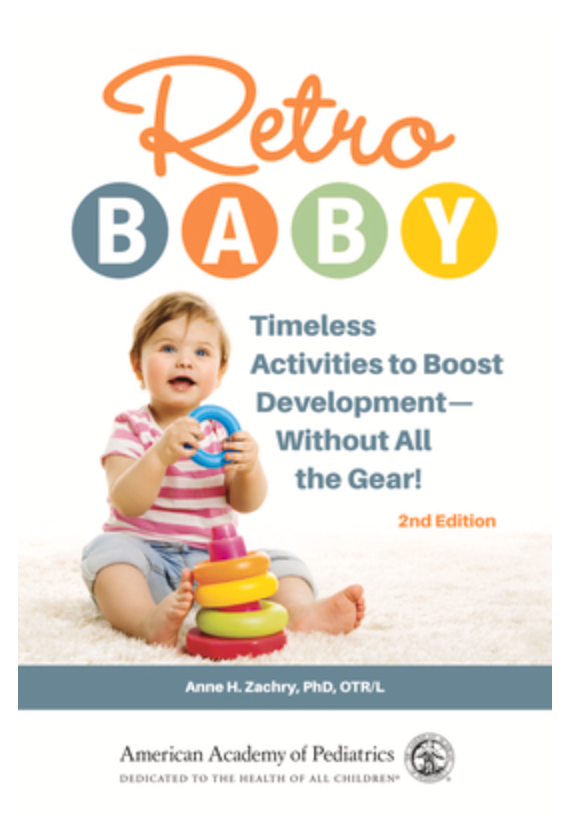I recently wrote an article on the importance of crawling for the website babble.com. I had no idea that this article would stir up such controversy! The article has only been published a couple of days, and there are already 16 comments from angry parents as well as supportive parents, professionals, and therapists. My intention was not to frighten or alarm anyone, only to share the information and research that I’ve gathered on the topic.
As I said in the article, I understand that not every baby who skips crawling will have developmental problems. However, I do believe that there is a relationship between crawling and many of the skills that I discuss in the piece, so it can’t hurt a child to experience these movement patterns, even if it’s just while pretending to be an animal, or crawling through a tunnel or an open-ended box during play. By the way, the title, “Crawling is Crucial,” is not the title that I submitted with the article. I suggested, “Help! My Baby Isn’t Crawling,” which I think is a better reflection of the contents of the piece.
For any parent or professional interested in reading the research used for the article, I’ve listed it below.
- Bai, DL & Bertenthal, BI (1992). Locomotor status and the development of spatial search skills. Child Development, 63, 215-226.
- Benson, J. B. (1990). The development and significance of crawling in infancy. In J. E. Clark, & J. H. Humphrey (Eds.), Advances in motor development research. New York: AMS Press.
- Benson, JB, & Uzgiris, I C (1985). Effect of self-initiated locomotion on infant search activity. Developmental Psychology, 21(6), 923-931.
- Campos, J. J., Bertenthal, B. I., & Kermoian, R. (1992). Early experience and emotional development: The emergence of wariness of heights. Psychological Science, 3, 61-64.
- McEwan MH, Dihoff RE, Brosvic GM (1991). Early infant crawling experience is reflected in later motor skill development. Percept Motor Skills, 72(1):75-9.
- Zachry, AH. (2009). Emotional transformation in the infant following initial experiences with independent locomotion, Unpublished Dissertation, The University of Memphis.









Leave a Reply
You must be logged in to post a comment.